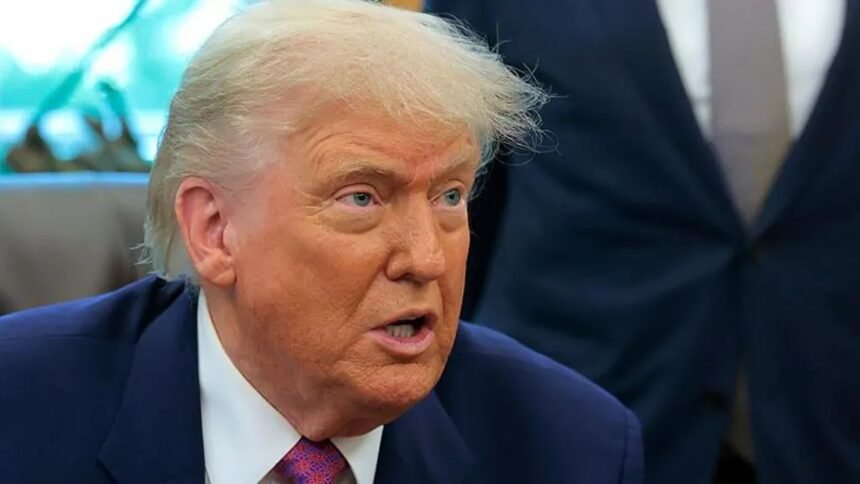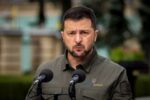In a high-profile White House summit, US President Donald Trump announced a sweeping set of trade, diplomatic, and mineral agreements with the five Central Asian nations — Kazakhstan, Kyrgyzstan, Tajikistan, Turkmenistan, and Uzbekistan — marking a major step in Washington’s renewed engagement with the region.
Flanked by Vice President JD Vance and Secretary of State Marco Rubio, Trump declared that his administration is committed to making US relations with Central Asia “stronger than ever.” He criticized previous American leaders for neglecting this strategically vital region, saying, “I understand the importance of this region — a lot of people don’t.”
A Landmark Mineral Partnership
The summit’s highlight was a $1.1 billion tungsten deal between the US company Cove Kaz Capital Group and Kazakhstan’s state mining firm. Under the agreement, the US firm will take a 70% stake in the project, backed by a $900 million letter of interest from the US Export-Import Bank.
Cove Kaz CEO Pini Althaus described the agreement as “a generational win for the US and its critical minerals needs,” noting that it prevents Chinese companies from securing control over one of the world’s largest untapped tungsten deposits.
Additionally, Kazakhstan signed over 30 commercial deals worth $17.2 billion with US companies. Meanwhile, the national airlines of Kazakhstan, Tajikistan, and Uzbekistan are set to purchase up to 37 Boeing jets.
Strategic and Diplomatic Gains
On the diplomatic front, Kazakhstan announced plans to join the Abraham Accords, expanding the US-led framework that fosters cooperation between Israel and Muslim nations.
US officials emphasized that the summit marks a new phase of steady engagement with Central Asia, long dominated by Chinese and Russian influence. Secretary Rubio stated,
“Too often, we focus on crises rather than opportunities. Central Asia represents an exciting new opportunity where our national interests align.”
Central Asia Balances Global Powers
The region’s leaders are increasingly seeking to diversify partnerships away from Beijing and Moscow. This follows similar outreach efforts earlier this year by Russia, China, and the European Union, all vying for influence in Central Asia’s resource-rich landscape.
Central Asia’s vast reserves of uranium, copper, gold, and rare earth elements—critical for green energy technologies, smartphones, and defense industries—have become the center of US strategic attention.
A CSIS report warns, however, that Chinese and Russian capital still dominate the region’s mining infrastructure, and that poor logistics and energy shortages deter Western investment.
Legislative and Policy Support
Coinciding with the summit, US lawmakers introduced a bill to repeal the Cold War–era Jackson-Vanik restrictions, which currently limit trade expansion with Central Asian states.
Republican Senator Jim Risch, Chair of the Senate Foreign Relations Committee, said:
“It’s not too late to deepen cooperation and help these nations determine their own destinies, free from the influence of an aggressive China and a volatile Russia.”
Kazakhstan’s Role in the Abraham Accords
Kazakhstan’s entry into the Abraham Accords—one of Trump’s signature foreign policy achievements—positions it as a key player in a broader coalition of moderate Muslim countries.
According to Joseph Epstein, Director of the Turan Research Center at the Yorktown Institute,
“Astana’s decision transforms the Abraham Accords from a Middle Eastern peace initiative into a pro-US coalition devoted to tolerance and prosperity.”
The move aligns with Trump’s broader push to revitalize US influence across Eurasia, reinforce energy and mineral security, and strengthen strategic partnerships in a region increasingly contested by global powers.







